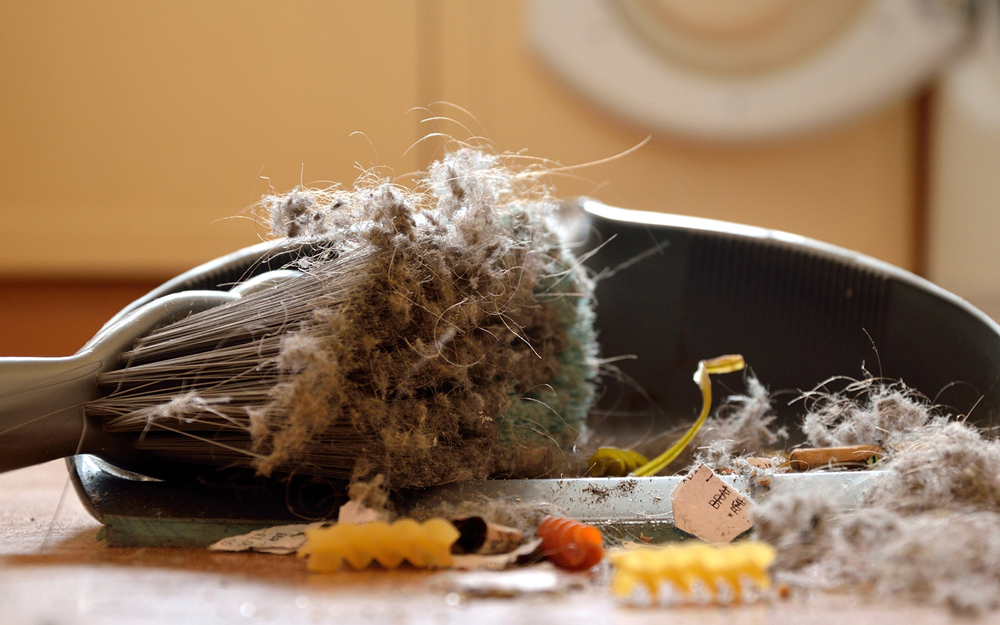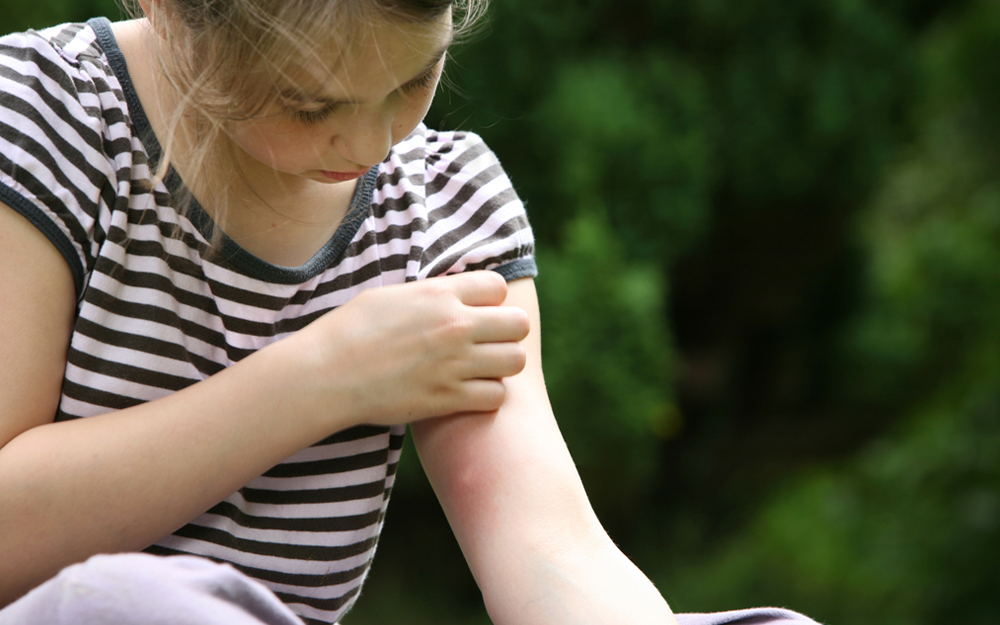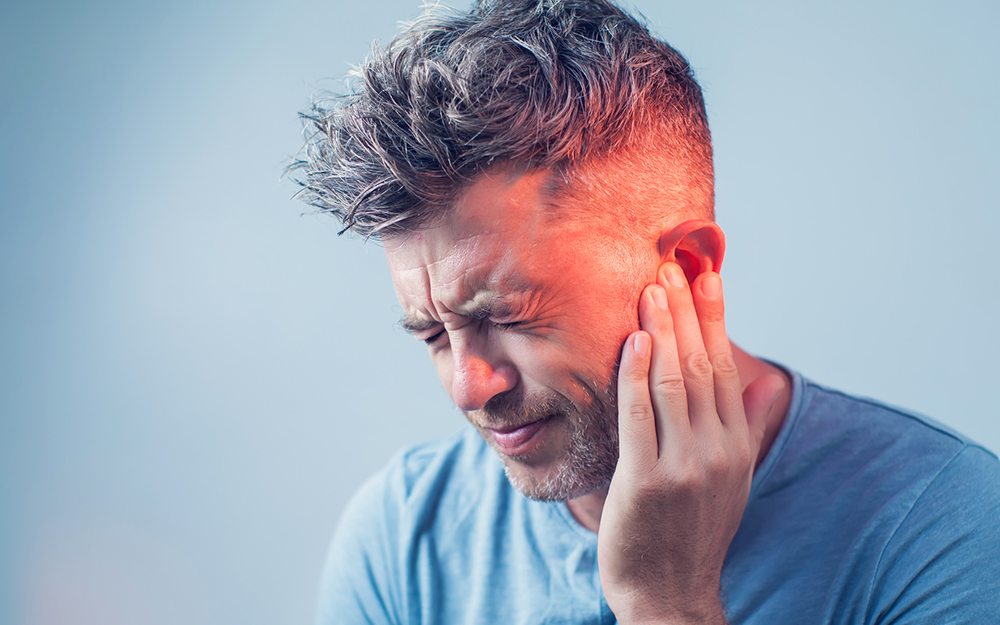Dandruff: What It Is and What to Do About It
Date
September 25, 2019
Credits

Date
September 25, 2019
Credits
Medical providers featured in this article
In Brief
{{cta-block}}
Dandruff is a common scalp condition that can affect anyone. It’s often associated with poor hygiene, but that’s a misconception—no one’s really sure what causes it.
One of the more likely culprits is hormones, but there are many factors that could be causing the problem.
And plenty of things can make dandruff worse, including not brushing your hair enough, dry skin, over production of yeast on the scalp, and underlying skin conditions like eczema or psoriasis.
"Dandruff isn't usually a sign of something more serious, but if your scalp is red, tender, isn't responding to over-the-counter treatments, or appears to be infected, it's important to see your doctor right away."
How serious is dandruff?
Although it can be embarrassing to deal with, dandruff doesn’t usually require a trip to the doctor.
"Dandruff isn't usually a sign of something more serious, but if your scalp is red, tender, isn't responding to over-the-counter treatments, or appears to be infected, it's important to see your doctor right away," says dermatologist Dr. Ohara Aivaz.
How do I get rid of dandruff?
There are many things you can do at home or in your daily routine to help get rid of dandruff.
Some remedies to try:
Dandruff usually doesn't require medical attention, but if you’ve tried at-home treatments and it doesn't improve, you should consult your primary care doctor or a dermatologist.





